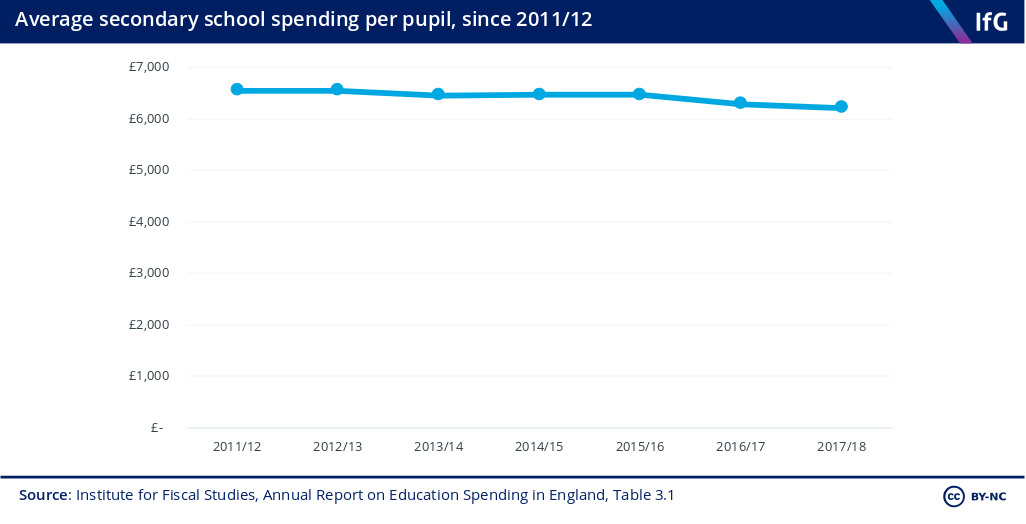Boris Johnson’s public services promises won’t be easy to achieve
The new Prime Minister has made an early promise to reform a wide range of public services.
Nick Davies assesses the new Prime Minister’s early promise to reform a wide range of public services.
Boris Johnson began his first speech as Prime Minister with a pledge to deliver Brexit. It is the issue which will define his premiership, but Boris Johnson also took time to focus on a wide range of public services. While there was little detail to match the ambition, the Prime Minister’s promises only partially reverse spending cuts since 2010 – and any reform will be politically difficult to achieve.
Fixing social care is a risky proposition for a prime minister leading a minority government
Perhaps the most notable announcement made by Johnson was that he would fix social care. This is certainly bold – the painful experience of his predecessor clearly shows the political damage that can be inflicted by poorly thought through social care proposals. Entering the 2017 General Election campaign with a huge polling lead, the poor public reception to Theresa May’s social care proposal was a key reason for the loss of the Conservative Government’s majority in Parliament.
Fixing the social care system is even trickier than meeting the challenge of funding the NHS. There is limited public understanding of the existing arrangements, and no clear agreement over where personal responsibility for social care ends and public contribution begins – or what level of service should be provided.
Most workable solutions will also leave some people worse off. As such, putting social care on a sustainable financial footing will require the careful building of a political coalition. The Institute has previously suggested that the Prime Minister could approach this through a parliamentary inquiry.
Many of the announcements would only partially reverse cuts made since 2010
Reforming social care is not the Prime Minister’s only expensive pledge. However, in many cases his proposed policies will only partially reverse the cuts to spending which have been made since 2010. For example, the pledge to hire 20,000 more police officers will cost £1.1 billion but will not fully reverse the past nine years of reductions in the number of police officers. Critically, it may not even be the most efficient way of reducing crime.
Johnson has promised minimum funding for secondary schools of £5,000 per pupil. However, this is barely above the £4,800 per pupil level set in the new national funding formula. As such, it is likely to be relatively cheap but won’t get close to reversing the 5% cut in per pupil spending experienced by secondary schools between 2011/12 and 2017/18.

We don’t yet know what the 20 hospital upgrades announced by the Prime Minister will entail, but this may go someway to reversing significant cuts to NHS capital spending. According to the Health Foundation, this fell 21% from £3.9bn to £3.1bn between 2010/11 and 2017/18. Day-to-day spending on the NHS has increased in recent years but not sufficiently to meet rising demand.
Last summer, to mark the 70th anniversary of the NHS, Theresa May announced £20bn in additional funding. Johnson has recommitted the Government to delivering this. However, it’s debatable whether even this large funding increase is sufficient, and it does not include money for critical areas like public health and workforce training, which will be critical to improving service quality.
Over the coming days, and once his Cabinet reshuffle is complete, we will learn more about Johnson’s plans for public services. Rattled through at speed on the steps of Downing Street, his promises will require time, money and political skill to deliver.
- Supporting document
- IfG_2019_ spending_review_web.pdf (PDF, 704.99 KB) Performance Tracker 2018 web.pdf (PDF, 2.02 MB)
- Topic
- Public services
- Keywords
- New government Social care Health
- Administration
- Johnson government
- Publisher
- Institute for Government